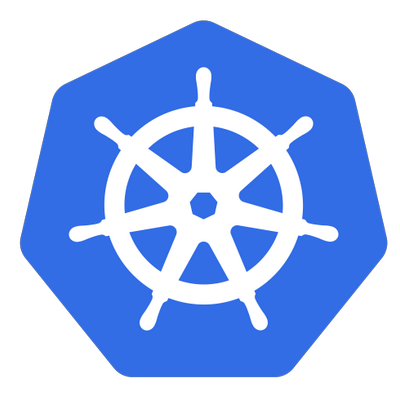
The Kubernetes project has announced the creation of a new project called Kubeflow, aimed at solving some of the challenges of deploying complicated workloads. Kubeflow is designed to make it easier to use machine learning stacks on Kubernetes. Since it relies on Kubernetes to run, it can run anywhere that Kubernetes runs, making it easy to set up for Kubernetes users, according to the team.
“Kubernetes has quickly become the hybrid solution for deploying complicated workloads anywhere,” David Aronchick and Jeremy Lewi, a PM and engineer on the Kubeflow project, wrote in a post. “While it started with just stateless services, customers have begun to move complex workloads to the platform, taking advantage of rich APIs, reliability and performance provided by Kubernetes. One of the fastest growing use cases is to use Kubernetes as the deployment platform of choice for machine learning.”
The Kubeflow repository includes JupyterHub, which can be used to create and manage interactive Jupyter notebooks. It also has a TensorFlow custom resource that can use either CPUs or GPUs and be adjusted to cluster size just by changing one setting. The project also has a TensorFlow Serving container.
The company believes that most Kubeflow users will be working with multiple environments. This makes ksonnet very useful as it makes moving workloads between multiple environments simpler.
Currently, Kubernetes is trying to build up a community for this project, and have already enlisted the help of CaiCloud, Red Hat & OpenShift, Canonical, Weaveworks, and Container Solutions, to name a few.
“The Kubeflow project was a needed advancement to make it significantly easier to set up and productionize machine learning workloads on Kubernetes, and we anticipate that it will greatly expand the opportunity for even more enterprises to embrace the platform,” said Reza Shafii, vice president of product at CoreOS. “We look forward to working with the project members in providing tight integration of Kubeflow with Tectonic, the enterprise Kubernetes platform.”






